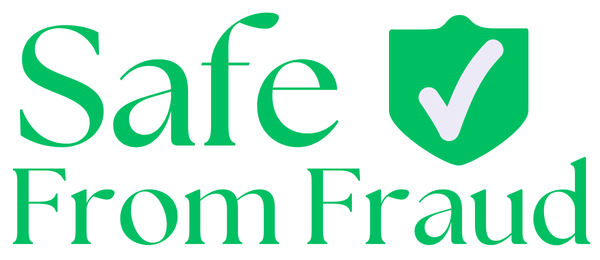Criminals are experts at impersonating people, organizations, and even law enforcement. They spend hours researching their targets, hoping to exploit a single moment of inattention. In today’s digital age, where personal information and financial transactions are just a click away, it’s more crucial than ever to stay vigilant. By taking a few simple precautions, you can protect yourself and your money from falling into the wrong hands.

SAFE FROM FRAUD - keep alert

